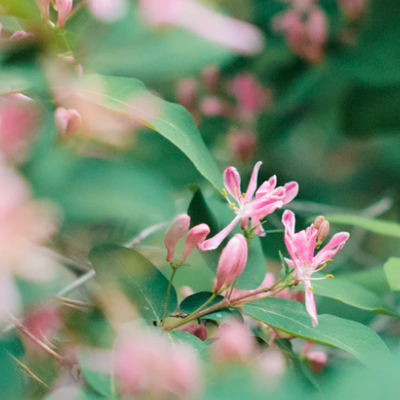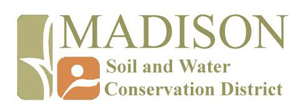
Ohio State Extension, Soil and Water Conservation District and Natural Resource Conservation Service are training volunteers to give an invasive species removal demonstration at the Gwynne Conservation Area during this year’s Farm Science Review, September 20th-23rd, in London, Ohio.
o Invasive Species Removal Training: Thursday September 15th at the Gwynne Conservation Area from 10:00 am to 12:00 pm
o Invasive Species Removal Live Demo: Tuesday September 20th at the Gwynne Conservation Area from 10:00 am to 1:00 pm
We will be focusing on the removal of honeysuckle, the fast-growing tree/shrub that produces small red berries in the fall and holds its green leaves longer than most other species. Amur honeysuckle was first introduced to the U.S. from Manchuria and marketed as an ornamental shrub in 1897. The shrubs are shade, drought, and cold tolerant making them fierce competitors to native plant species. Over time, Amur honeysuckle has created dense stands that crowd and shade out all competing native species, lowering biodiversity across the country. The shrub also produces prolific amounts of berries that are carried and distributed across the landscape by birds, however these berries are considered natural ‘junk food’ because of their high sugar content but low nutrient and fat content which birds need to survive the winter. New research has also found that Amur honeysuckle can secrete chemical compounds that are harmful to amphibians and toxic to freshwater insects and crustaceans.
We invite landowners to join us at the training day or visit us during the Farm Science Review learn more about removal and control techniques for a variety of invasive species. Contact Broc Sehen, District Technician-Wildlife Specialist for the Madison Soil and Water Conservation District at broc.sehen@usda.gov or call 740-852-4003 for more information. We look forward to hearing from you!

